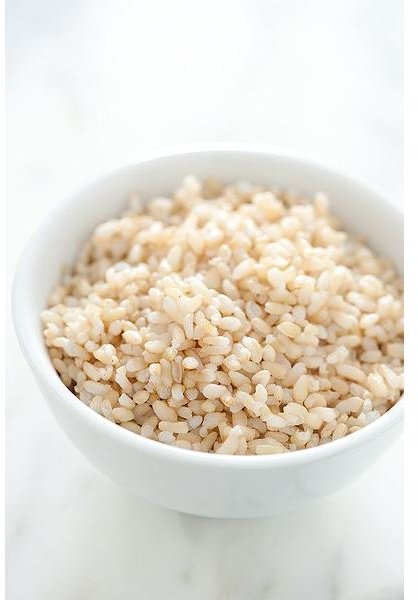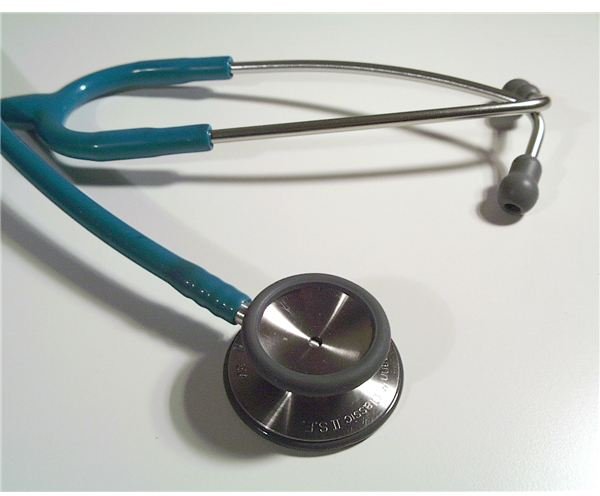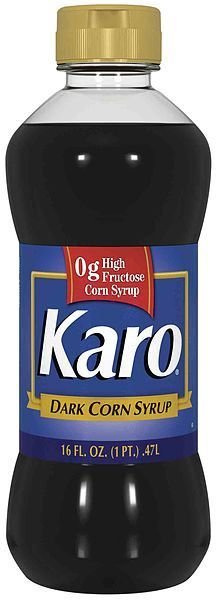Home Remedy Stool Softner for Infants, Children and Adults
Karo Syrup as a Stool Softener for Infants and Toddlers
Corn syrup, popularly known by the brand name Karo, has been a long standby home remedy stool softener for babies. There is some disagreement among medical professionals about the safety of giving infants under the age of one year old corn syrup. Dr. Jay L. Hoecker warns on MayoClinic.com that corn syrup may contain botulism. However, Dr. Randolph from the Cincinnati Children’s Hospital Medical Center says that “the risk of botulism is theoretical but not well established.” To be safe, consult with your physician before giving your infant corn syrup.
Pediatrician, Dr. Jeffrey W. Hull suggests adding corn syrup to baby formula. He explains that the excess corn syrup softens the stool without getting digested, since the infant’s body is busy digesting the sugars from the formula. Add 2 teaspoons of corn syrup to each bottle of formula says Dr. Hull and adjust the dosage higher or lower depending on how soft your infants stools are. Continue adding the corn syrup at each feeding until your babies stools are consistently soft. You can also add corn syrup to a bottle filled with breast milk. Add the corn syrup to a cup of fruit juice or water for older children who are not bottle fed.
Water

One sign of dehydration is hard stools. Drink plenty of water throughout the day to soften stools. The small intestine absorbs water, making fecal matter softer and easier to pass through the intestinal tract. Drink eight 8-oz glasses of water a day. You can substitute a couple of glasses of water with fruit juice, if desired. Prune juice is an excellent stool softener.
Fiber

Eat a diet rich in fiber. Fiber serves two purposes. It adds bulk to fecal matter to form well-shaped stools and it attracts water to fecal matter to help it pass through the intestinal tract. MedlinePlus recommends that older children and adults consume 20 grams to 35 grams of fiber a day. Whole-grain bread, oatmeal, brown rice, beans and whole fruits and whole vegetables are all fiber-rich foods. Eating a high-fiber diet may cause gas and bloating in some people. If gas and bloating becomes a problem, introduce fiber into your diet slowly, to allow your body time to get used to the dietary change.
Another way to increase fiber intake, besides through diet, is to take fiber supplements. Psyllium is an excellent high-fiber supplement that is derived from the plantago ovata plant. Metamucil is one popular fiber supplement brand that contains psyllium as a main ingredient. Follow the manufacturer’s directions or your doctor’s instructions on psyllium dosing.
Exercise

Exercise to stimulate movement in the intestinal tract. Fecal matter that sits too long in the intestines becomes dry and difficult to pass. Keeping your intestinal tract moving to encourage frequent elimination, helps keep stools soft. Infants, children and adults can benefit from exercise. Walking, swimming and biking are good examples of exercise for older children and adults. For infant exercise, the National Institute of Arthritis and Musculoskeletal and Skin Diseases recommends adult-supervised water play, where the infant is encouraged to kick his or her legs.
Stool Softener Medications

If a home remedy stool softener fails to soften stool and relieve constipation after one week, consult with a physician. Your physician may recommend over-the-counter or prescription stool softeners or laxatives. Do not take over-the-counter stool softener products without a doctor’s advice. Failure to obtain relief from dietary changes is a possible sign of fecal impaction or other medical condition.
References
MayoClinic.com; Jay L. Hoecker; Infant and Toddler Health; https://www.mayoclinic.com/health/karo-syrup-for-constipation/AN01826
Cincinnati Children’s Hospital Medical Center; Dr. Randolph; Constipation in Children; https://www.rubinstein-taybi.org/bluebook/constipation.html
Dr. Jeffrey W.Hull; Constipation, Infant; https://www.drhull.com/EncyMaster/C/constipation_infant.html
MedlinePlus; Fiber; https://www.nlm.nih.gov/medlineplus/ency/article/002470.htm
National Institute of Arthritis and Musculoskeletal and Skin Diseases; Ol Issues: Constipation; https://www.niams.nih.gov/Health_Info/Bone/Osteogenesis_Imperfecta/constipation.asp#e
Disclaimer
Please read this disclaimer regarding the information contained within this article.
